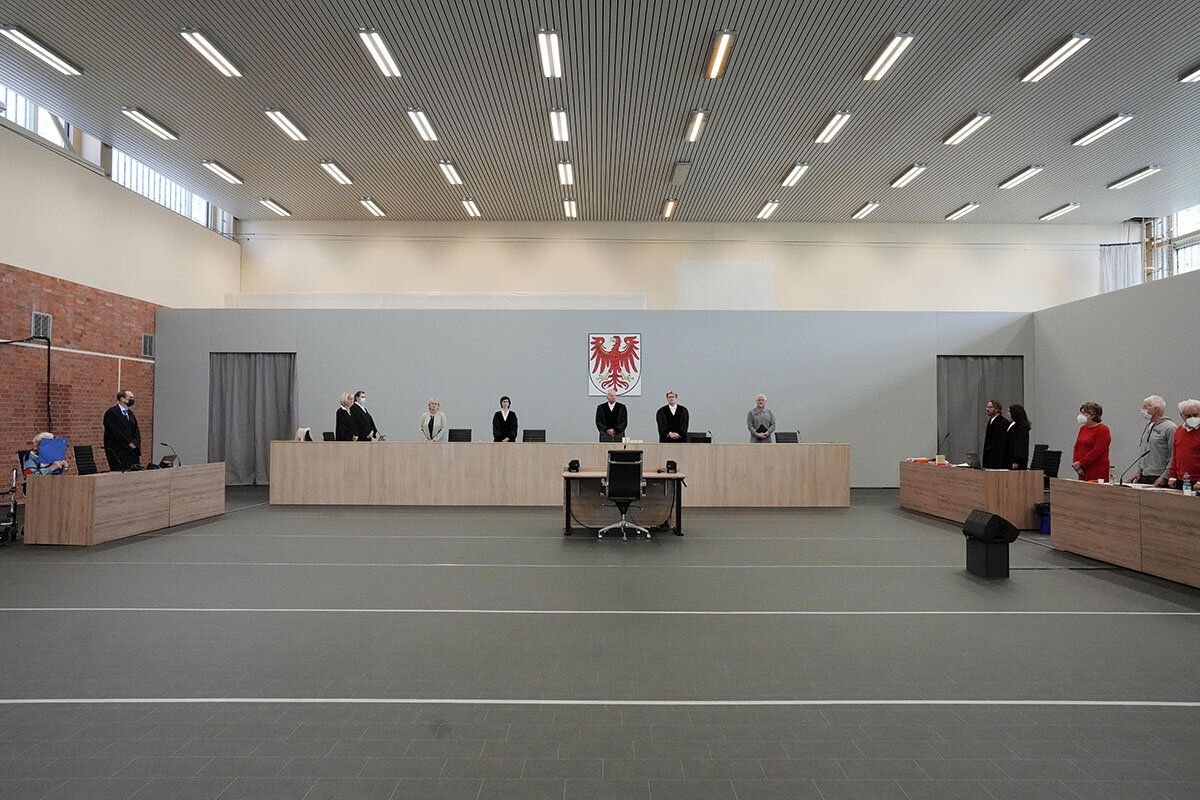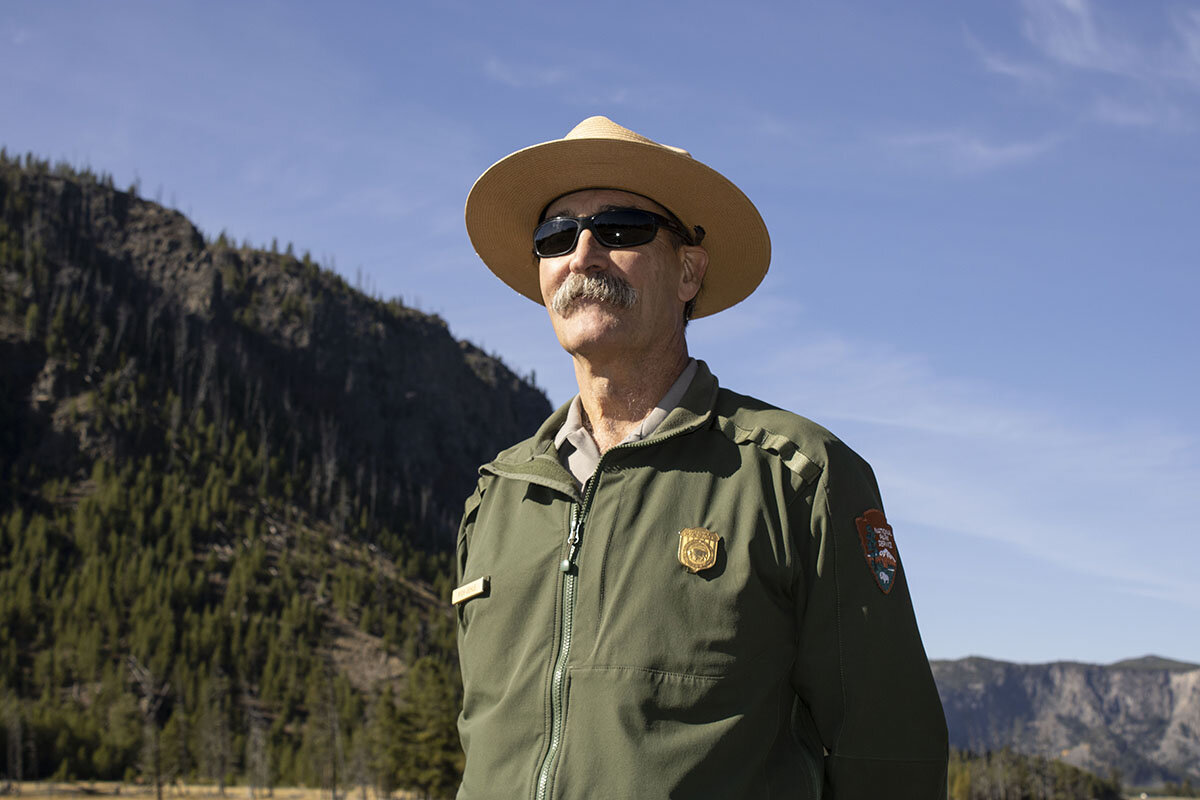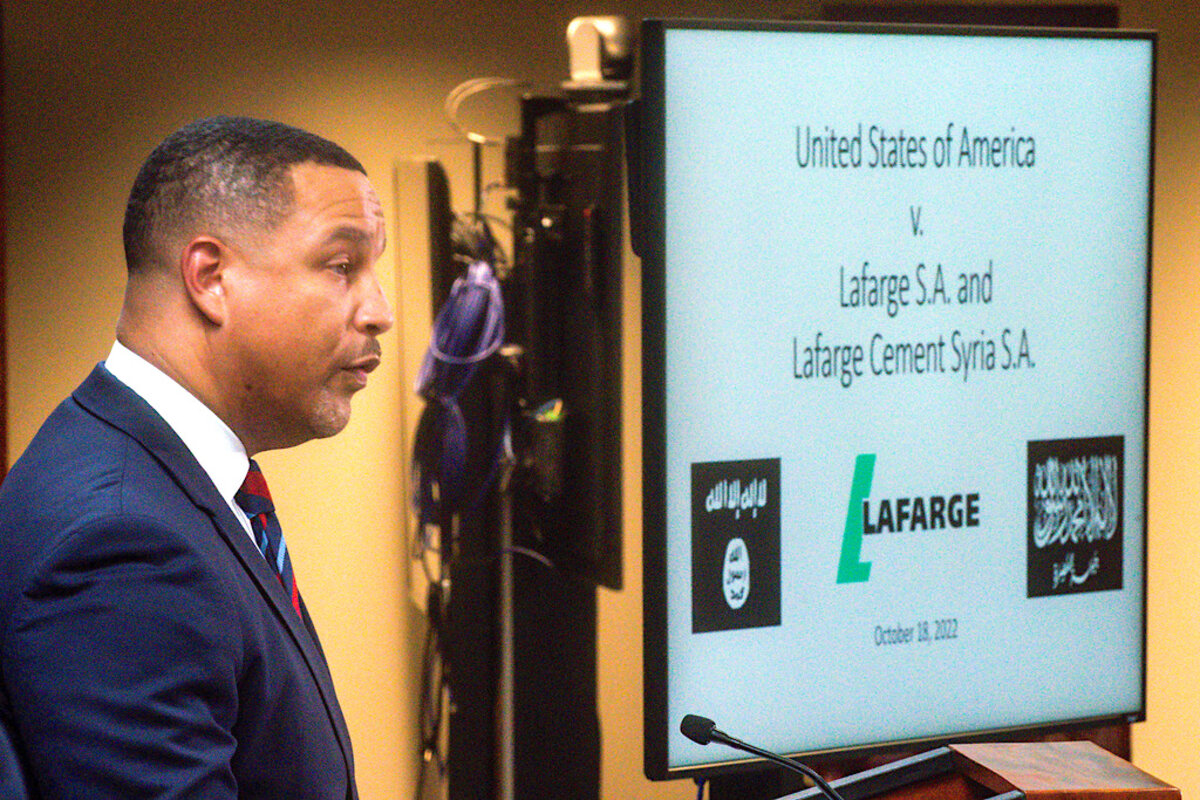Among those things governments strive to provide are security, opportunity, and minimal comfort. With winter approaching, and Russia targeting Ukraine’s infrastructure, add to that list heat and light. It’s requiring a concerted effort.
Monitor Daily Podcast
- Follow us:
- Apple Podcasts
- Spotify
- RSS Feed
- Download
 Mark Trumbull
Mark Trumbull
Richard Reeves isn’t the first one to take note of challenges facing boys and men in contemporary society. We’ve heard about it in books and from professors, politicians, and pundits.
But as an inequality expert at the center-left Brookings Institution (and a father of three sons), Mr. Reeves is offering a data-driven and constructive lens on what can be a touchy topic. Does talking about boys risk sucking the wind out of efforts for women’s equality, for instance? In a new book, he urges a “both ... and” approach, where seeking solutions won’t become a zero-sum, one-sex-wins endeavor.
People can think two thoughts at once, he argues in his book “Of Boys and Men: Why the Modern Male Is Struggling, Why It Matters, and What to Do about It.”
Men are now as far behind in college graduation rates as women were when Title IX was passed in 1972. Their median wages have been falling in real terms, while women’s have been rising. They account for about 3 in 4 “deaths of despair.” Yet girls and women still face gender inequality for society to address on multiple fronts.
What should be done?
Mr. Reeves has specific proposals on things like vocational education and the need for more male teachers. Most broadly, he argues that young females have a compelling script about ambition and possibilities, while males struggle amid the decline of an old script about breadwinning.
“A new script for prosocial masculinity can celebrate some of the natural traits that occur more often in boys and men, such as physical courage and an appetite for risk,” he says in an interview via email, pointing out men’s traditional roles as soldiers and explorers. “A positive script for masculinity ought also to highlight the vital role of fathers as providers not only of material goods, but of care, teaching, and mentorship. It should validate the greater interest of boys and men, on average, in ‘things’ rather than ‘people,’ for example in technology or engineering.”
Mr. Reeves says he hopes foremost to simply start a discussion. “Most of the disagreement has been over the best way to respond to these issues, rather than over whether they are real,” he says. “That’s progress.”










